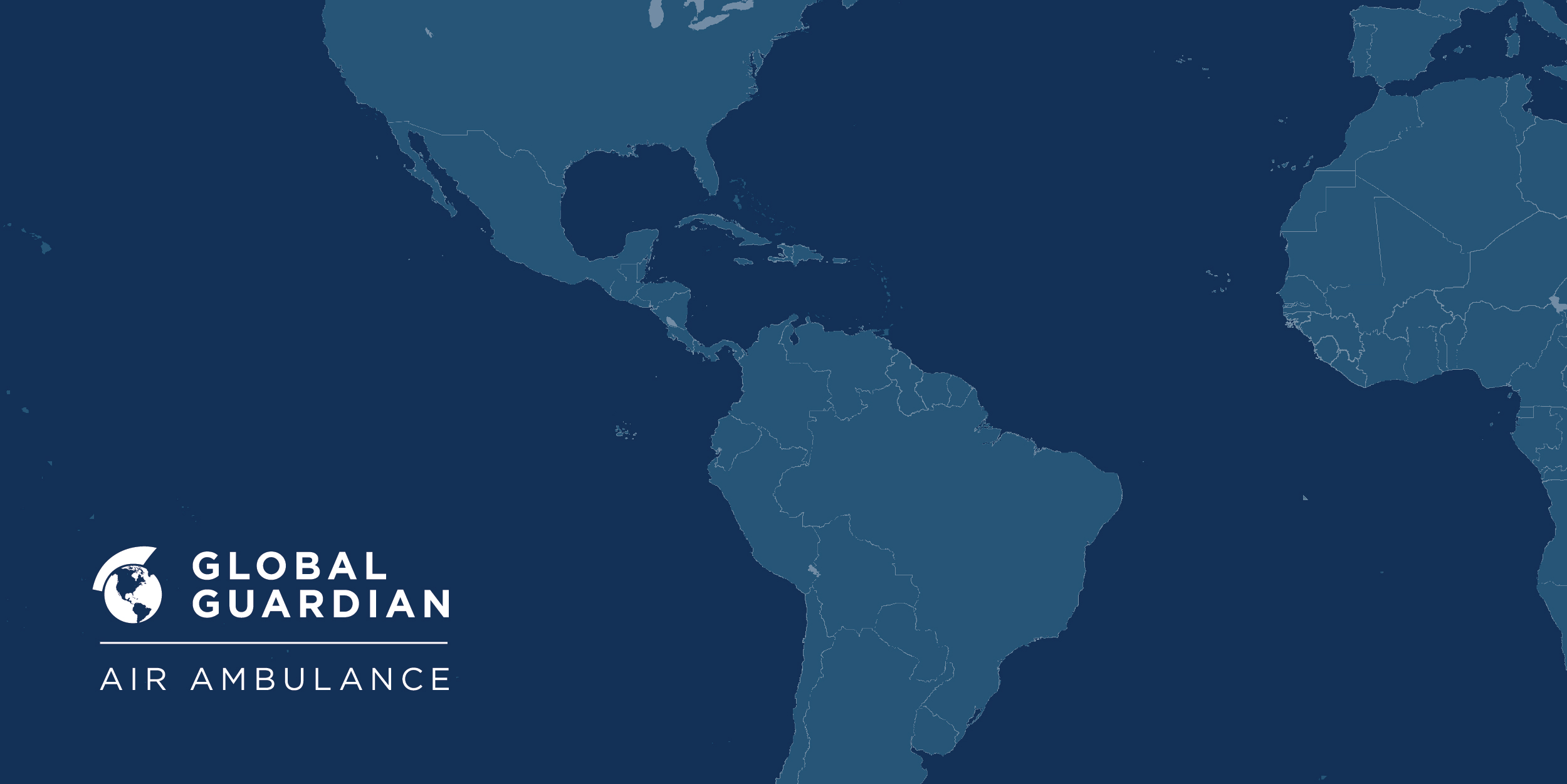As we continue to navigate the COVID-19 crisis, it is our goal at Global Guardian to introduce new products to further support the health, safety, and security of our clients. It is with this that we are pleased to bring you the opportunity to purchase Mobile Medical Units for your organizational needs.













